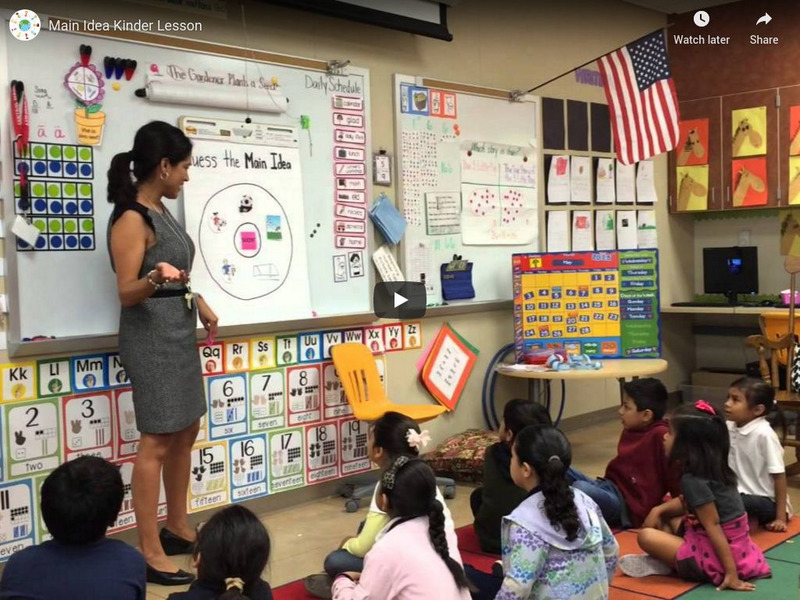TED-Ed
TED-Ed: Why should you read Dante's "Divine Comedy"? | Sheila Marie Orfano
Abandon all hope, ye who enter here... Inscribed above the Gate of Hell, this prophecy sets into motion an epic journey for salvation. Written over 10 years, Dante Alighieri's three-part narrative poem "Divine Comedy" is both an...
TED-Ed
TED-Ed: Which is better for you: "Real" meat or "fake" meat? | Carolyn Beans
In 2021, a survey of over 1,000 Americans found that nearly two-thirds had eaten plant-based meat alternatives in the past year. Many cited potential health and environmental benefits as their motivation. But are these alternative meats...
SciShow
The Secret Ingredient in Ruminant Spit
Every day, humans literally flush a valuable resource down the toilet: nitrogen. But there are some animals that have figured out a way to recycle the extra nitrogen in their bodies by moving it not to their livers, but to their mouths!
Curated Video
What Is Carbon Neutral and Biofuels | Environmental Chemistry | Chemistry | FuseSchool
Learn the basics about carbon neutral and biofuels, as a part of environmental chemistry. Coal, oil, natural gas, shale gas and gas from fracking are fossil fuels formed hundreds of millions of years ago from living things that got...
MinuteEarth
Why Pets Have Surprisingly Small Brains
Thanks to 23andMe for sponsoring this video! http://www.23andme.com/minuteearth If you live outside the US, click here: https://www.23andme.com/ When we domesticate an animal species, their brains shrink and they freak out less. Thanks...
Curated Video
What is Organic Farming? | Agriculture | Biology | FuseSchool
What is Organic Farming? | Agriculture | Biology | FuseSchool As populations have grown, farming practices have become more intensified to maximise crop yields and ensure we can feed the ever growing population. Fertilisers and...
Curated Video
Adapting & Living Together | Ecology & Environment | Biology | FuseSchool
An introduction to the chapter "Adapting and Living Together" within the Ecology and Environment topic of school Biology. Where do you live? On a country farm? In a big city? Up in the mountains, or right by the ocean? The place where...
Curated Video
Tomato farms
Visit the world's largest tomato farm. Our universe - Sharing our Earth - Food and water Learning Points Farms are places where food is grown. People and other animals need to share Earth’s resources. A Twig Junior Film - Core science...
MinuteEarth
Love Letter to Food
Don't be rude to food! Scholars see the startling truth about food waste in a disturbing video. The series of statements from individuals around the country paints a picture of good intentions followed by wasteful habits like cooking too...
PBS
Pbs Learning Media: Kid Vision: Animal Farm
This Little Farm is full of sweet farm animals! Come with Miss Penny and the KidVision Pre-K Kids as they collect eggs, measure a pony, and milk a goat. You will hear the sounds all your favorite farm animals make! It will inspire your...
Other
Main Idea Kinder Lesson
In this video, a teacher models a lesson on main idea to kindergarten students. They are shown sets of pictures and have to decide how the pictures are connected. They then read a book about farm animals on the interactive whiteboard and...
PBS
Pbs Kids Clubhouse Adventures: Clubhouse Theme: What Is Farming?
Learn about the people, animals, equipment and buildings on a farm. [1:42]
PBS
Pbs Learning Media: Habitat and Diet in Racehorse Development
This animated segment from KET's Electronic Field Trip to a Horse Farm demonstrates one of the ways calcium, a naturally occurring mineral derived from limestone, enters a horse's diet to give it an advantage in bone strength. [1:09]







